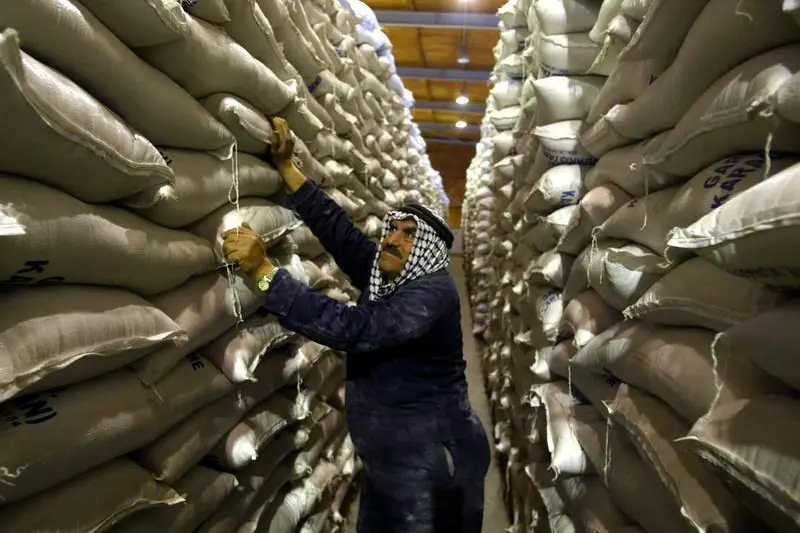PHOTO
AMMAN — A recent decision by the Jordanian government to cooperate with Algeria to plant wheat and barley in the north African country for consumption in the Kingdom is a step in the right direction, according to experts.
According to a statement by the Ministry of Industry, Trade and Supply on Sunday, the step would enable Jordan to meet some of its needs for the two commodities.
Jordan imports about 95 per cent of its wheat and barley needs from international markets to meet local demand, as production does not exceed 5 per cent of the needs.
President of Jordan Environment Union Omar Shoshan hailed the decision as a “strategic move”, taking into consideration the high local consumption of these subsistence crops and the heavy burden on the Treasury due to importing them.
“It is difficult to achieve food sufficiency from these strategic crops in Jordan because they need a lot of water, especially with the erratic rainfall pattern due to climate change and the dearth of arable land for these crops,” Shoshan added.
International cooperation, encompassing all technical and financial aspects, is necessary in order to mitigate the repercussions of climate change, especially in water and agricultural sectors, which are the key pillars of food security, he added.
Economist Wajdi Makhamreh noted that the infrastructure for agriculture and irrigation in Algeria is very suitable for the cultivation of wheat and barley, and this move will enhance Jordan’s food security.
Algeria can be considered a second source in light of the challenges facing food supply chains because of the Russia-Ukraine crisis, Makhamreh added.
At the same time, he stressed, “there must be more focus on investment in the agricultural sector and adaptation of agro technologies for climate change mitigation and enhancing food security”.
© Copyright The Jordan Times. All rights reserved. Provided by SyndiGate Media Inc. (Syndigate.info).





















